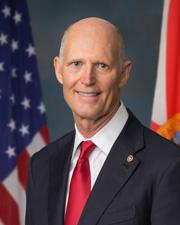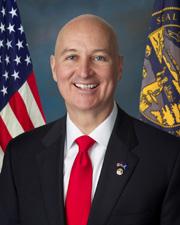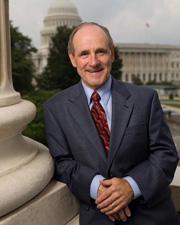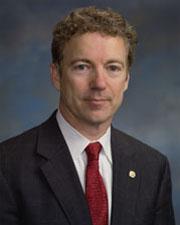0
0
0
Defending American Sovereignty in Global Pandemics Act
2/11/2025, 5:53 AM
Summary of Bill S 92
Bill 119 s 92 is a proposed piece of legislation that aims to require Senate approval before the United States can enter into any obligations under a pandemic agreement with the World Health Organization (WHO). The bill also seeks to suspend funding for the WHO until such an agreement is ratified by the Senate.
If passed, this bill would give the Senate the authority to review and approve any pandemic agreements that the US government wishes to enter into with the WHO. This would ensure that the Senate has a say in any commitments made by the US in relation to global health crises.
Additionally, the bill would halt funding for the WHO until the Senate has ratified the pandemic agreement. This would put pressure on the WHO to work with the Senate and ensure that any agreements are in line with US interests and priorities. Overall, Bill 119 s 92 aims to increase transparency and accountability in US involvement with the WHO and ensure that the Senate has a voice in decisions related to global health emergencies.
If passed, this bill would give the Senate the authority to review and approve any pandemic agreements that the US government wishes to enter into with the WHO. This would ensure that the Senate has a say in any commitments made by the US in relation to global health crises.
Additionally, the bill would halt funding for the WHO until the Senate has ratified the pandemic agreement. This would put pressure on the WHO to work with the Senate and ensure that any agreements are in line with US interests and priorities. Overall, Bill 119 s 92 aims to increase transparency and accountability in US involvement with the WHO and ensure that the Senate has a voice in decisions related to global health emergencies.
Congressional Summary of S 92
Defending American Sovereignty in Global Pandemics Act
This bill prohibits the United States from becoming a party to a World Health Organization (WHO) agreement related to strengthening pandemic prevention, preparedness, and response except pursuant to a treaty made under Article II, Section 2, clause 2 of the U.S. Constitution (which requires that two-thirds of Senators present concur with the treaty).
The bill also prohibits federal funding for WHO beginning on the effective date of such an agreement and ending on the date when the Senate ratifies the agreement.
Read the Full Bill
Current Status of Bill S 92
Bill S 92 is currently in the status of Bill Introduced since January 14, 2025. Bill S 92 was introduced during Congress 119 and was introduced to the Senate on January 14, 2025. Bill S 92's most recent activity was Read twice and referred to the Committee on Foreign Relations. (text: CR S140) as of January 14, 2025
Bipartisan Support of Bill S 92
Total Number of Sponsors
4Democrat Sponsors
0Republican Sponsors
4Unaffiliated Sponsors
0Total Number of Cosponsors
29Democrat Cosponsors
0Republican Cosponsors
29Unaffiliated Cosponsors
0Policy Area and Potential Impact of Bill S 92
Primary Policy Focus
Alternate Title(s) of Bill S 92
A bill to require Senate approval before the United States assumes any obligation under a WHO pandemic agreement and to suspend funding for the WHO until such agreement is ratified by the Senate.
A bill to require Senate approval before the United States assumes any obligation under a WHO pandemic agreement and to suspend funding for the WHO until such agreement is ratified by the Senate.
Comments

Raul Snow
457
10 months ago
This bill is so sad, why does it have to be this way? Who is affected by it?
Sponsors and Cosponsors of S 92
Latest Bills
Providing for consideration of the bill (H.R. 2550) to nullify the Executive Order relating to Exclusions from Federal Labor-Management Relations Programs, and for other purposes.
Bill HRES 432December 11, 2025
Southcentral Foundation Land Transfer Act of 2025
Bill HR 3620December 11, 2025
Enduring Justice for Victims of Trafficking Act
Bill S 2584December 11, 2025
VSAFE Act of 2025
Bill S 2683December 11, 2025
Veterans National Traumatic Brain Injury Treatment Act
Bill S 2737December 11, 2025
CARING for Our Veterans Health Act of 2025
Bill S 2397December 11, 2025
Health Records Enhancement Act
Bill S 2333December 11, 2025
RESPECT Act of 2025
Bill S 2807December 11, 2025
Review Every Veteran’s Claim Act of 2025
Bill S 1657December 11, 2025
ARCA Act of 2025
Bill S 1591December 11, 2025





